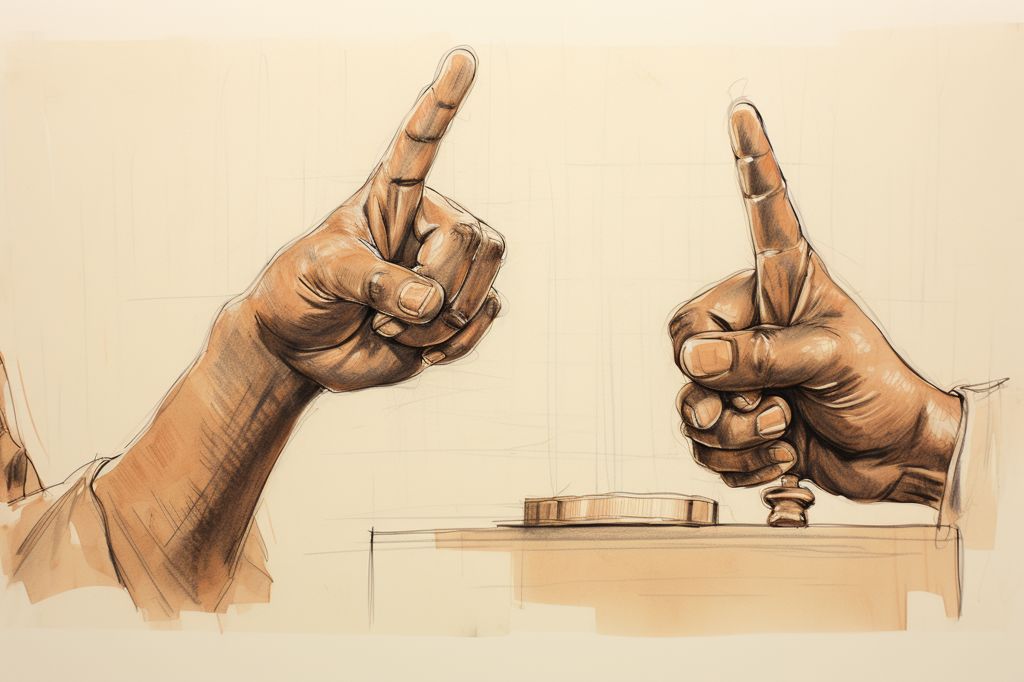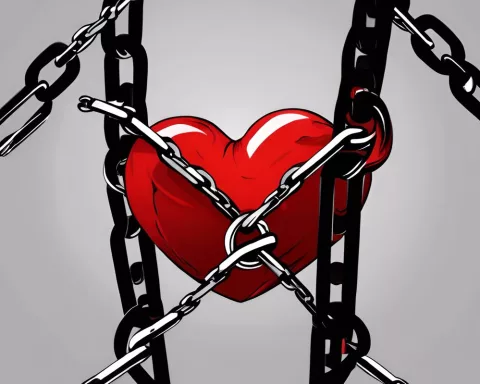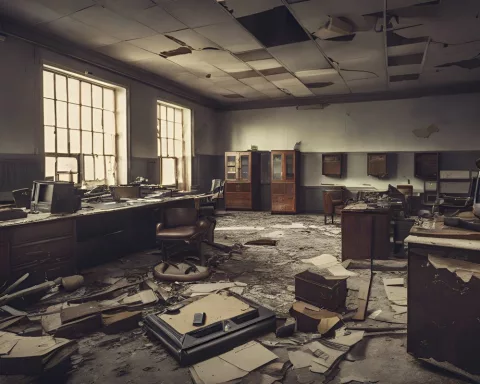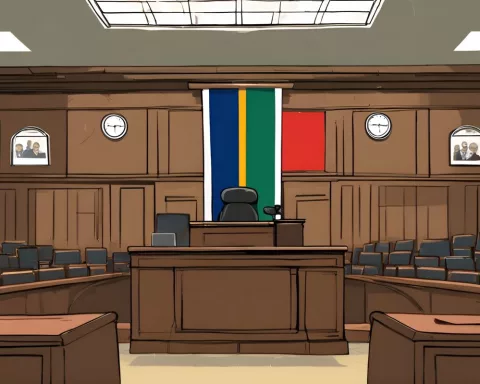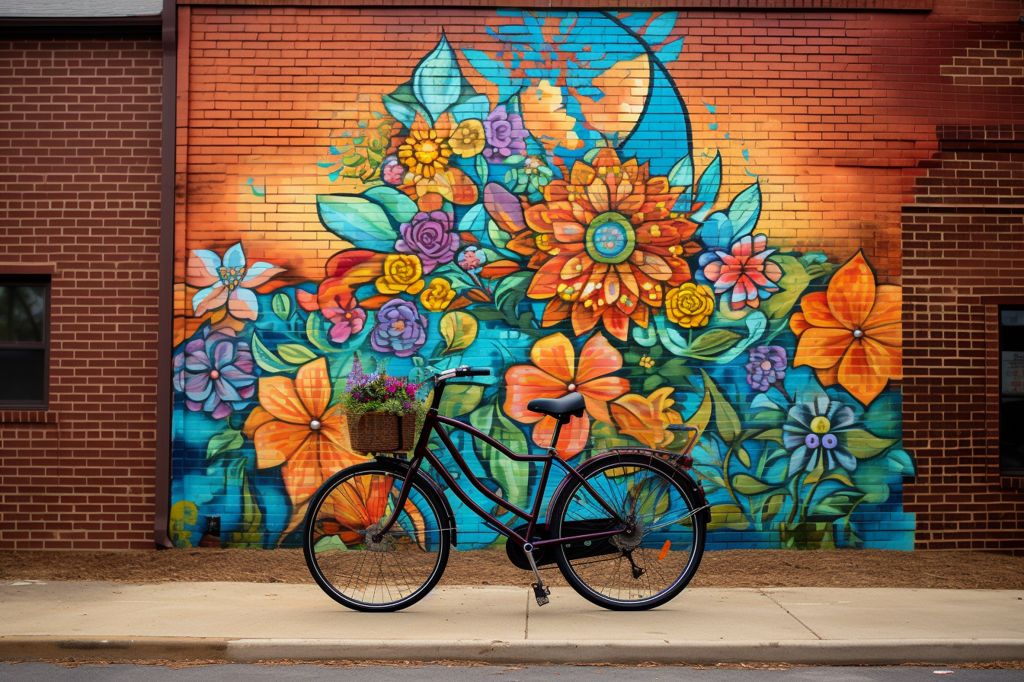Deaf Awareness Month and the Need for Change
September is recognized as Deaf Awareness Month, which aims to bring attention to the difficulties faced by the deaf community. One critical issue is the lack of sign language interpreters in courts, brought to the forefront by civil rights organization Action Society. A recent case involving a deaf rape survivor highlights the urgent necessity to address this problem.
The case involves a 45-year-old deaf woman from Bonteheuwel, known only as Lily, who was raped by four men in Cape Town in December last year. The legal proceedings have experienced multiple delays, mainly due to the unavailability of a certified sign language interpreter. Since August, Action Society has been collaborating with Lily’s family to obtain an interpreter for the upcoming court hearing in October.
The barriers faced by Lily’s family exemplify the systemic obstacles that prevent deaf individuals from accessing justice. Despite the efforts of Action Society and support from the hearing-impaired community, the process has been frustratingly slow.
Courts and Interpreter Requests: Identifying the Problem
The primary hindrance in Lily’s case has been the absence of available interpreters. However, the Deaf Federation of South Africa (DeafSA) argues that the underlying issue stems from the court’s failure to request interpreters with sufficient notice. Courts must submit a request at least two weeks before the hearing date, allowing DeafSA time to schedule interpreters and evaluate the client’s specific needs.
Interpreters play an essential role in sensitive cases like Lily’s, ensuring that correct procedures are followed throughout the legal process. Unfortunately, numerous cases involving deaf individuals have been dismissed due to improper procedures, which could have been prevented if an interpreter had been present from the beginning.
DeafSA has made significant progress in recent years to enhance the availability of sign language interpreters, increasing the number of interpreters from just ten nationwide 22 years ago to 180 today. Sign language is now recognized as one of South Africa’s official languages, emphasizing the importance of trained interpreters in various sectors, including the legal system.
Ensuring Qualified Interpreters and Raising Awareness
When selecting interpreters, it is crucial to choose qualified individuals to guarantee accurate communication. Ronel Davids, a qualified social worker and fluent sign language speaker, highlights the importance of securing accredited interpreters with expertise in their specific field. It is both insufficient and highly inappropriate for court officials to resort to “Googling” for an interpreter, as some have admitted to doing.
Chrispin Phiri, spokesperson for the Ministry of Justice and Correctional Services, acknowledges that deaf interpreters are not commonly used in courts due to the relatively low number of cases requiring their services. He contends that the issue is not a shortage of interpreters but an efficiency problem in acquiring their services. While special arrangements can be made when needed, a more streamlined process must be implemented to ensure prompt and adequate access to interpreters for the deaf community.
As Deaf Awareness Month progresses, the message is evident: the justice system must prioritize and address the deaf community’s needs by providing accessible sign language interpreters in courts. The challenges faced by individuals like Lily underscore the urgent need to establish a more inclusive legal environment that guarantees equal access to justice, regardless of one’s hearing ability.

